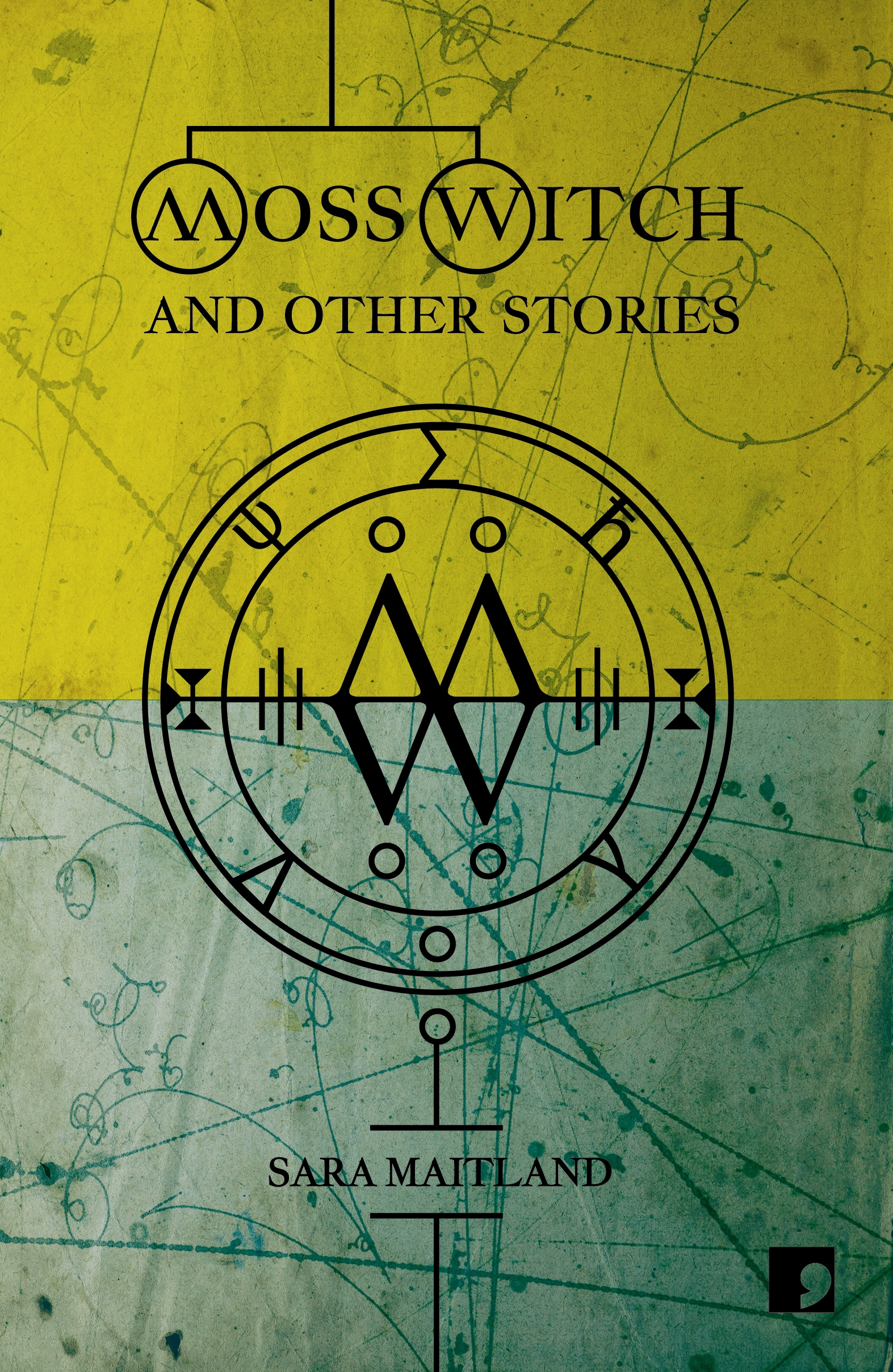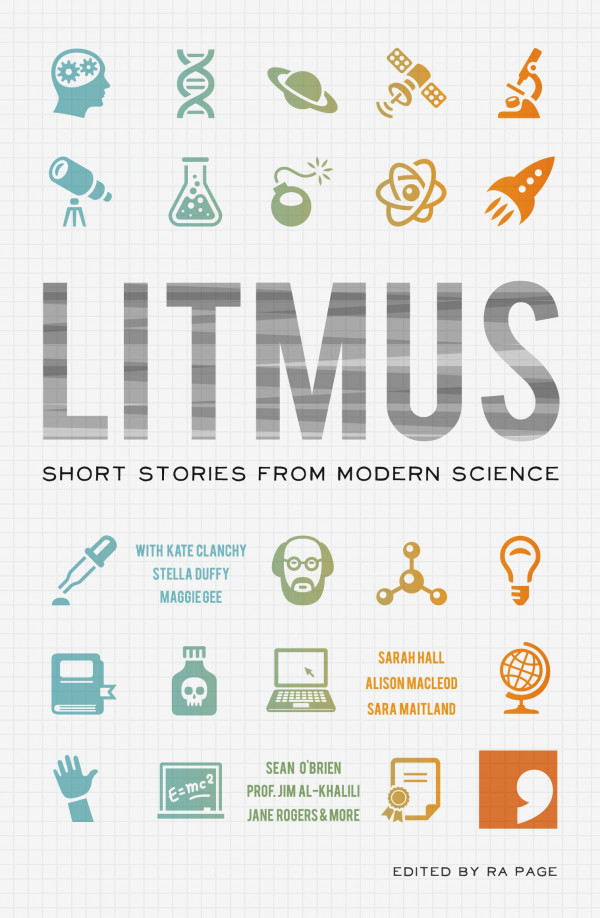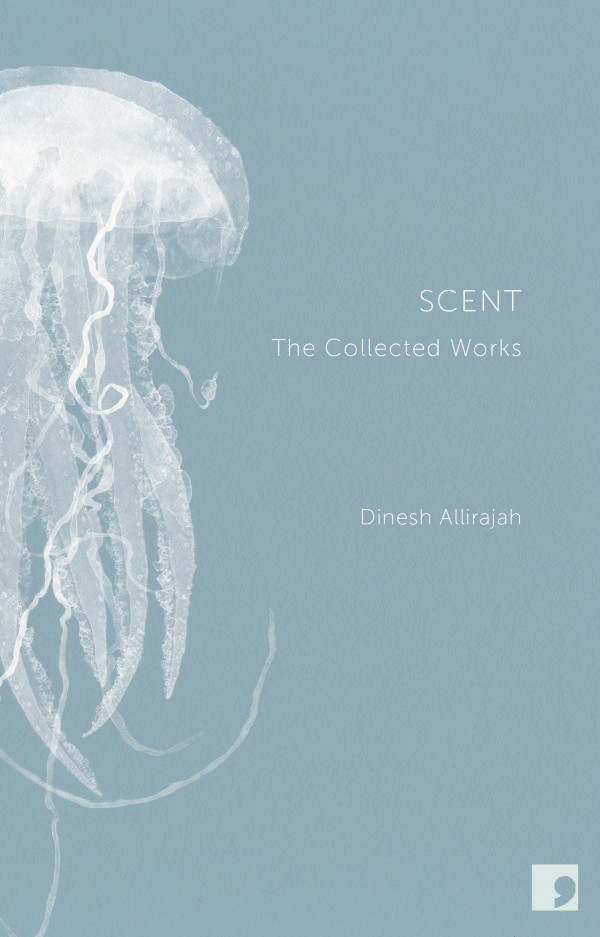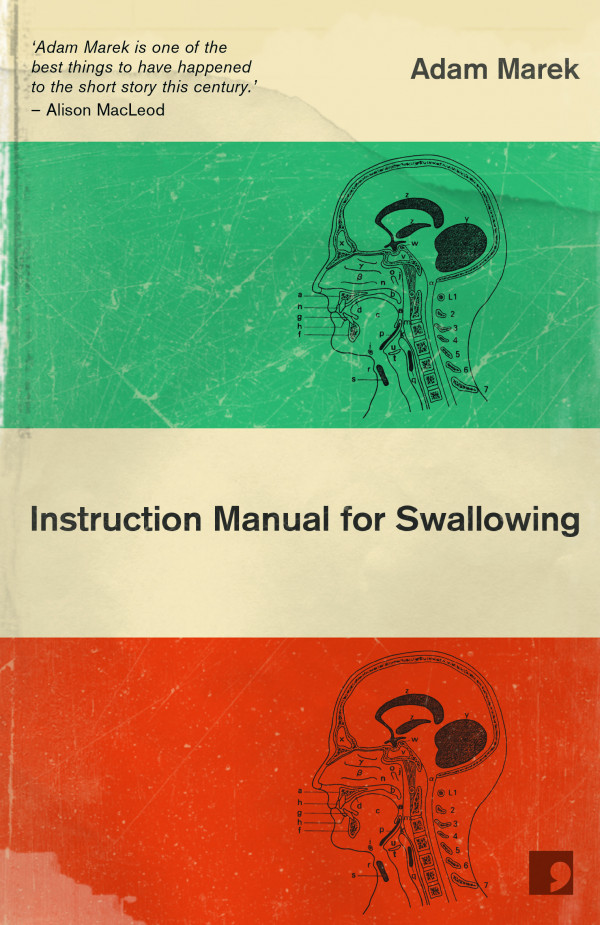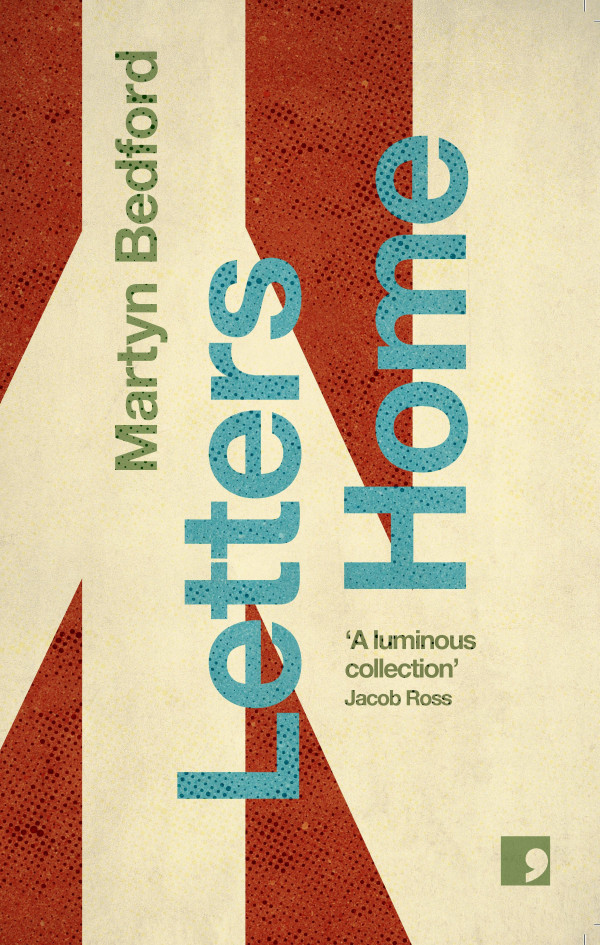Moss Witch
By: Sara Maitland
Format: Paperback
Book type: Short Story Collection
ISBN-13: 9781905583423
Published: 01 Jan 2014
About
‘It seems probable that there are no more moss witches; the times are cast against them. But you can never be certain. In that sense they are like their mosses; they vanish from sites they are known to have flourished in, they are even declared extinct – and then they are there again, there or somewhere else, small, delicate but triumphant, alive. Moss Witches, like mosses, do not compete; they retreat...’
Each story in Sara Maitland’s collection enacts a daring kind of alchemy, fusing together raw elements of scientific theory with ancient myth, folkloric archetype and contemporary storytelling. As the laboratory smoke settles, we are treated to a new strain of narrative: a hybrid of fiction and non-fiction, the atavistic and the futuristic. We’re also introduced to a weird and wonderful cast of characters: identical twins who fight bitterly day and night for purely quantum mechanical reasons; an expert on bird migration awaiting the homecoming of her lover on the windswept shores of the Hebrides. All the more remarkable is that each of these stories sprang from a conversation with a scientist and grew directly out of cutting-edge research. As befits their hybrid nature, each is also accompanied by an afterword, specially written by the consulting scientist to introduce us to the wonder behind the weirdness.
Featuring
Prof. Jim Al-Khalili, Dr. Rob Appleby, Dr. Melissa Baxter, Dr. Jamie Davies, Prof. Robin Dunbar, Dr. Charles Fernyhough, Prof. Robert Furness, Dr. Linda Kirstein, Gemma Lewis, Prof. Tim O’Brien, Dr. Neil Roberts, Dr. Jennifer Rowntree, Dr. Tara Shears, Prof. Ian Stewart.
ABOUT THE SCIENTISTS
Jim Al-Khalili OBE is Professor of Theoretical Physics at the University of Surrey where he also holds a chair in the Public Engagement in Science. His research over the past 25 years has established him as a leading expert on mathematical models of exotic atomic nuclei. He is also an author and broadcaster and has written six popular science books, between them translated into over twenty languages. His television shows include The Riddle of Einstein’s Brain (Channel 4), Atom (BBC4), The Big Bang (BBC Horizon), The Hunt for the Higgs (BBC Horizon), Science and Islam (BBC4), The Secret Life of Chaos (BBC4) and the Bafta-nominated Chemistry: A Volatile History (BBC4). He also presents the weekly Radio 4 programme, The Life Scientific. He is a recipient of the Royal Society Michael Faraday medal and the Institute of Physics Kelvin Medal, both for science communication, and is the current president of the British Humanist Association.
Rob Appleby is a senior lecturer in the Particle Accelerator group and the High Energy Particle Physics Group of the University of Manchester, and an academic staff member at the Cockcroft Institute of Accelerator Science. He is also an associate of the beams division at CERN (APB), a fellow of the Institute of Physics and a member of the LHCb and COMET experiments. His research is into the physics of particle accelerators and fundamental particles, including the Large Hadron Collider.
Melissa Baxter is a stem cell research scientist at Manchester University. She is currently developing ways to turn stem cells into liver cells for drug testing and safer medicine. Her recent publications include the development of a new, efficient way to grow stem cells. During her PhD (2001 to 2005) she published research showing how adult stem cells age, and was the first to genetically correct diseased stem cells from bone marrow stroma.
Jamie Davies is Professor of Experimental Anatomy at the Centre for Integrative Physiology, at Edinburgh University. He is a fellow of the Society of Biology, the Royal Society of Medicine, and the Higher Education Academy, and a member of the Institute of Electrical and Electronic Engineers. His is also currently deputy Chairman of the National Centre for 3Rs. His main research interest is in the development of biological form in foetal life, and how knowledge of this can be applied medically.
Robin Dunbar is a British anthropologist and evolutionary psychologist and a specialist in primate behaviour. He is currently Professor of Evolutionary Psychology and head of the Social and Evolutionary Neuroscience Research Group in the Department of Experimental Psychology at the University of Oxford. From 2007-2012, he was Professor of Evolutionary Anthropology and the Director of the Institute of Cognitive and Evolutionary Anthropology at the University of Oxford and the Co-director of the British Academy Centenary Research Project. He is best known for formulating Dunbar’s Number, roughly 150, a measurement of the ‘cognitive limit to the number of individuals with whom any one person can maintain stable relationships’.
Charles Fernyhough studied developmental psychology at Cambridge University and is now a part-time lecturer in psychology at Durham University. He is the author of Pieces of Light: The new science of memory (Profile Books), and the novels A Box of Birds (Unbound), and The Auctioneer. His fiction has appeared in several anthologies, including New Writing 11 and New Writing 14. He has been the recipient of several awards, from, among others, the Arts Council and the Society of Authors.
Robert Furness is Principal Ornithologist at MacArthur Green environmental consultancy, Professor of Seabird and Fishing Interactions at the University of Glasgow, a member of the Board of Scottish Natural Heritage, and a Fellow of the Royal Society of Edinburgh. Dozens of postgraduate students have worked on skua ecology under his supervision on remote islands in Shetland, Orkney and the Western Isles over the last 40 years, on topics esoteric, academic, and sometimes practical.
Linda Kirstein is a Lecturer in Earth Dynamics in the Institute of Earth and Planetary Science, Edinburgh University. She is also Earth Science Co-ordinator and Degree Program Convenor for Geology & Physical Geography at the university. She is a multi-disciplinary Earth Scientist specialising in the interaction of climate and tectonics on landscape evolution.
Gemma Lewis is the Collections Officer at Preston Park Museum and Grounds, which is run by Stockton Borough Council. Since 2005, she has worked in a number of museums in the North East, specialising in collections management and object interpretation.
Tim O’Brien is a Professor of Astrophysics and Associate Director of The University of Manchester’s Jodrell Bank Observatory. His research concentrates on the study of exploding stars using telescopes around the world and in space, working across the spectrum from radio waves to X-rays.
Neil Roberts is a research associate at the University of Manchester studying urofacial syndrome, a rare inherited bladder condition. His research aims to understand developmental systems and apply this knowledge to better understanding of disease states. He studied genetics at the University of Edinburgh and his PhD at The University of Manchester was an investigation of the genetic pathways controlling human pancreas development.
Jennifer Rowntree is a Research Fellow funded by the Natural Environment Research Council at The University of Manchester. Her work focuses on the genetics of species interactions and she is particularly interested in the ecological and evolutionary interactions of plants. Currently her research incorporates work on parasitic plants, pollinators and the microbes that interact with plant roots in the soil. Previously, she had a position as a Scientific Conservation Officer at The Royal Botanic Gardens, Kew where she worked on a project conserving the threatened bryophytes of the UK.
Tara Shears is a particle physicist and Professor of Physics at the University of Liverpool. She has spent her career investigating the behaviour of fundamental particles and the forces holding them together, and has worked at experiments at CERN, the European centre for particle physics, and at the Fermilab particle physics facility near Chicago, USA. Tara joined the LHCb experiment at CERN’s Large Hadron Collider in 2004, where she currently works.
Ian Stewart is a Professor of Mathematics at the University of Warwick, and a widely known popular-science and science-fiction writer. He is the first recipient of the Christopher Zeeman Medal, awarded jointly by the LMS and the IMA for his work on promoting mathematics.
Press
Praise for the collection
'She has built bridges that may tempt new minds across to science. How ingenious.' - The Guardian
'Simply dazzling; my woodland walks will never be the same.' New Scientist
'Maitland's tales... blend science with myth, folklore and anachronism to powerful effect.' - New Statesman
'In Moss Witch, the stories matter, and the science matters. That combination is a delight to explore.' - Bookmunch
'Fans of A.S. Byatt, Andrea Barrett and Richard Powers will enjoy Maitland's strategy of mixing science and literature.' - Rebecca, Goodreads user
'An inspired collection that shows us how much value - and magic - there is in looking at the world from different perspectives.' - Gwen, Goodreads user
Listen to Sara Maitland and Prof Tara Shears discuss 'The Beautiful Equation' with Mariella Frostrup on Radio 4's Open Book.
Also by Sara Maitland:
More Short Story Collections like Moss Witch:
